International Relations
Relations across the UK, Europe and globally are frequently changing, and have done so across our history. How these relations are recorded, monitored and treated are discussed in the collection of articles and podcasts here. The very concept of international relations is explored as are when boundaries and discussions between states and groups started to matter. What are the procedures, protocols and outcomes of a world according to the history of international relations are all under scrutiny?
Sort by:
Date (Newest first) | Title A-Z
Show:
All |
Articles |
Podcasts |
Multipage Articles
-
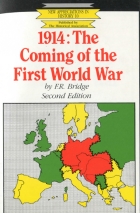
1914: The Coming of the First World War
ArticleClick to view -

Alfred versus the Viking Great Army
ArticleClick to view -
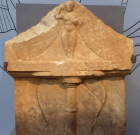
Ancient Athenian inscriptions in public and private UK collections
ArticleClick to view -

Anti-Americanism in Britain during the Second World War
ArticleClick to view -

Berlin and the Berlin Wall: short course
Multipage ArticleClick to view -

Bertrand Russell's Role in the Cuban Missile Crisis
ArticleClick to view -
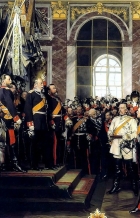
Bismarck after Fifty Years
ArticleClick to view -
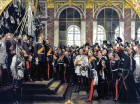
Blood and Iron: the violent birth of modern Germany
ArticleClick to view -

Bonapartism after Napoleon III: the Prince Imperial and Eugene Loudun
ArticleClick to view -

Brazil and the two World Wars
ArticleClick to view -

Britain and Brittany: contact, myth and history in the early Middle Ages
ArticleClick to view -

Britain and the Formation of NATO
ArticleClick to view -

Cyprus: another Middle East issue
ArticleClick to view -

Czech Uranium and Stalin's Bomb
ArticleClick to view -

Decolonising the Partition of British India, 1947
ArticleClick to view -
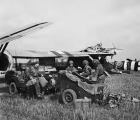
Do historical anniversaries matter? Case study: Arnhem 1944
ArticleClick to view -

Doomed to fail: America’s intervention in Vietnam
ArticleClick to view -

Enduring Civilisation: cities and citizens in the ‘Aztec Empire’
ArticleClick to view -

Evelyn Waugh’s books on the Italo-Ethiopian War, 1935–36
ArticleClick to view -

Film series: Power and authority in Germany, 1871-1991
ArticleClick to view

